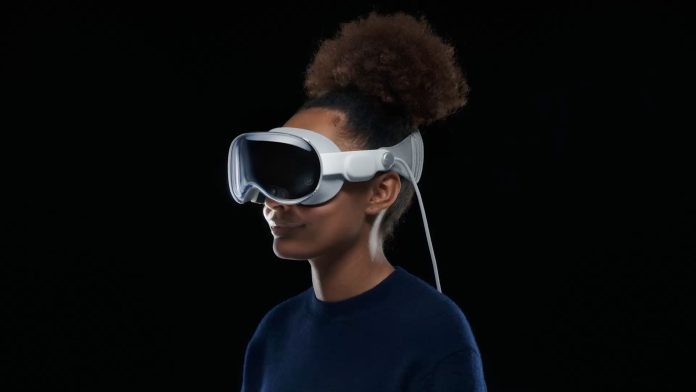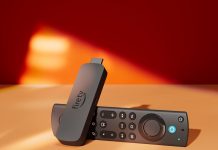Apple is working on a new generation of specialized chips designed to power its future smart glasses, advanced Macs, and AI servers, according to a report from Bloomberg.
As detailed by Bloomberg’s Mark Gurman, Apple is crafting custom processors inspired by the low-power chips found in the Apple Watch. These energy-efficient designs are key to enabling lightweight wearable devices, particularly smart glasses, which could become a major new product category for the company.
Mass production of these new chips is reportedly planned with manufacturing partner TSMC, potentially beginning as early as the end of 2026 or 2027.
A Strategic Push into the Smart Glasses Market
Apple’s ambition in the smart glasses space is clear. Gurman previously reported that CEO Tim Cook is particularly focused on competing with Meta, which has seen success with its Ray-Ban Meta smart glasses. Since 2023, Meta has sold approximately 2 million pairs of Ray-Ban Metas, marking a strong entry into the wearable tech market.
Apple’s approach, however, might not rely on full augmented reality (AR) out of the gate. Instead, the company is said to be developing glasses equipped with cameras that scan the environment and use on-device AI to provide real-time assistance. This design would allow for enhanced functionality while maintaining battery efficiency—something crucial for all-day wearable use.
Part of a Larger Hardware Strategy
These smart glasses chips are just one element of Apple’s broader silicon roadmap. The company is also developing new chipsets aimed at boosting the performance of future Macs and powering next-generation AI servers, aligning with Apple’s increasing emphasis on AI capabilities across its product line.
In recent months, Apple has been refining its AR and mixed reality offerings, including enhancements to the Vision Pro. According to Bloomberg’s Power On newsletter, the company is working on a second-generation Vision Pro with lower latency and lighter design, which could complement its future smart glasses strategy.







